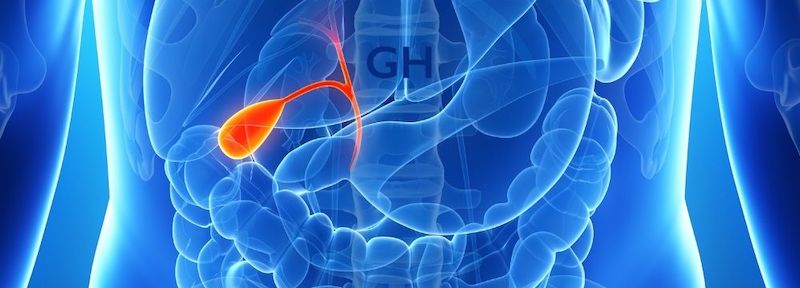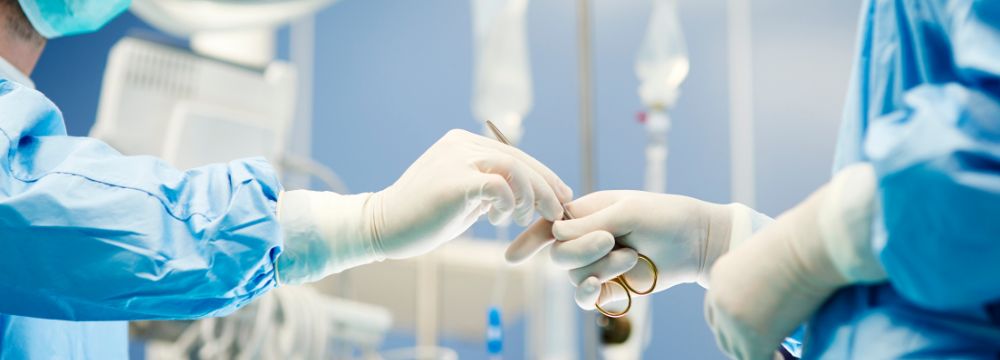Gallbladder
You might be surprised to know that many, many people have gallstones. By some estimates this may be upwards of 15% of the entire US population. Gallstones come in different shapes and sizes. One may have a single large gallstone or thousands of stones the size of grains of sand. Similarly, gallstones do not necessarily translate to gallbladder issues. Millions of Americans live with gallstones and never have a problem at all. However about 20% of patients with gallstones will ultimately develop symptoms that can include nausea, vomiting, pain in the upper right quadrant of the abdomen, especially after eating a high fat or large meal, and general malaise. For this subset of patients, gallbladder surgery or cholecystectomy is usually required to eliminate the pain.
Do gallstones cause, or increase the risk of, gallbladder cancer?
To understand this, we must look at gallbladder cancer the disease. Gallbladder cancer is typically an extremely aggressive cancer, but it is also very rare. As such, many large, high-quality studies have not been performed in the same way as, for example, colorectal cancer or breast cancer, which are both far more prevalent in the United States. However, what we do know is that most people with gallbladder cancer have gallstones. Does this mean that gallstones are the cause of the cancer? Likely not. In fact, there has been no definitive conclusion that gallstones cause cancer. Some studies have shown that very large gallstones – 5 centimeters or greater – may increase the risk of gallbladder cancer slightly, but we still don’t know the mechanism behind this.
With that said, we also must look at relative versus absolute risk of gallbladder cancer. The overall risk of gallbladder cancer is extremely low. Even if a large gallstone were to increase that relative risk slightly, most patients would have a negligible increase in overall risk.
Prior cancers and family history
Of course, as with any cancer, the risk of gallbladder cancer may be increased if you have had cancer before or if you have a family history of gallbladder cancer. This is something that should be discussed with your surgeon, especially if you develop symptomatic gallstones. Once again, prevention is far more favorable than trying to cure the disease, so speaking to your medical team about you are potential risk for this, or any cancer, is a good idea.
If you’d like to speak to Dr. Higa about gallbladder cancer or your risk for abdominal cancers in general, we encourage you to schedule an appointment with our office for a consultation.



